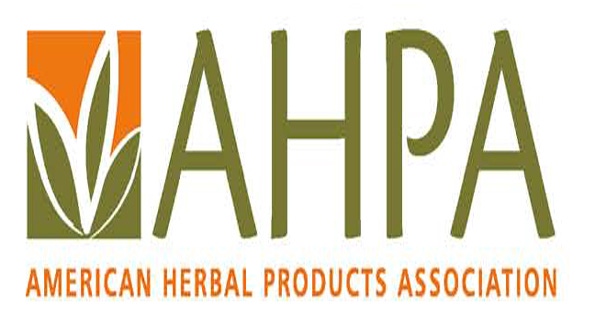American Ginseng Advisory Panel will provide expertise on the development and maintenance of regional and national collections of plant material that will preserve genetic diversity.
September 18, 2014

The American Herbal Products Association (AHPA) Foundation for Education and Research on Botanicals (the AHPA-ERB Foundation) announced the formation of the American Ginseng Advisory Panel, representing the interests of researchers, educators, and harvesters. The Advisory Panel was established to provide expertise on the development and maintenance of regional and national collections of plant material that will preserve the genetic diversity of wild American ginseng (Panax quinquefolius).
A germplasm collection, defined as the long-term storage of hereditary plant material (i.e. seed) does not currently exist for American ginseng in the United States. As demand for ginseng continues, conservation through propagation becomes an important consideration and a valuable economic opportunity for cultivators of "woodsgrown" and "wild-simulated" American ginseng. Germplasm collections ensure the genetic variation of a plant species and also provide genetic resources for future research and in-situ conservation opportunities.
Development of a national American ginseng germplasm collection is now in a preliminary planning stage under the direction of Dr. Joe-Ann McCoy at the North Carolina Arboretum. The national program will entail the identification, collection, and propagation of a significant number of genetically diverse populations of Panax quinquefolius sustainably collected from multiple locations within its native range in the United States. Dr. McCoy is also initiating a regional American ginseng germplasm collection for western North Carolina.
"Starting with a regional germplasm collection will provide a template for the broader project that encompasses the wide geographic range of this plant," said Dr. McCoy. "The AHPA ERB Foundation's foresight and dedication to the long-term conservation of this precious species will help preserve the native populations for future generations."
American ginseng is one of the most valuable North American wild-crafted non-timber plants and is traded principally in international markets. Primarily found in the Appalachian region in the United States, native populations are subject to numerous pressures, including harvesting (if sustainable practices are not utilized), loss of habitat due to land development and mining, and deer browsing.
The Advisory Panel will also provide guidance on obtaining financial support and publication of research and other data generated during establishment of the collections. The Advisory Panel is composed of the following members:
Eric Burkhart, Ph.D., Program Director, Plant Science, Pennsylvania State University
Lyle Craker, Ph.D., Professor, University of Massachusetts Amherst
Jennifer Cruse-Sanders, Ph.D., VP for Science and Conservation, Atlanta Botanical Garden
Tony Hayes, President, Ridge Runner Trading Company
Gary Kauffman, Botanist/Ecologist, U.S Forest Service
Susan Leopold, Ph.D., Executive Director, United Plant Savers
Allen Lockard, President, American Botanicals
Joe-Ann McCoy, Ph.D., Director, North Carolina Arboretum Germplasm Repository
James McGraw, Ph.D., Professor, West Virginia University
Michael McGuffin, President, American Herbal Products Association
In addition, Patricia Ford (Botanist, U.S. Fish and Wildlife Service (USFWS)) will serve as a liaison to the Advisory Panel representing the USFWS. American ginseng is listed in Appendix II of the Convention on International Trade in Endangered Species of Wild Fauna and Flora (CITES), an international agreement between countries to ensure that international trade in certain plants and animals does not threaten their survival in the wild. The USFWS regulates the export of American ginseng through the issuance of CITES permits to ensure that roots are legally and sustainably harvested.
"The harvest pressure on wild American ginseng and the disappearance of more and more of its natural habitat creates a risk of the loss of the genetic diversity critical for the long-term health of the species," said U.S. Fish & Wildlife Service Director Dan Ashe. "Creating a seed bank for ginseng is vital to ensure the continued sustainability of this species, which plays an important role in the economy and culture of communities throughout the United States."

You May Also Like


